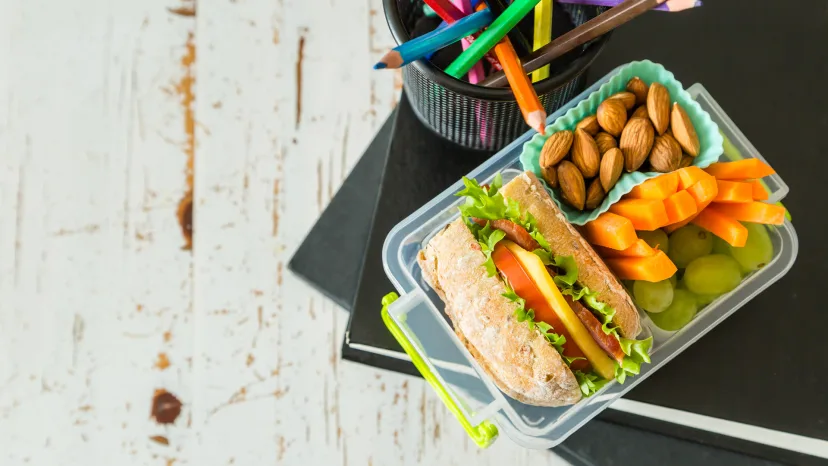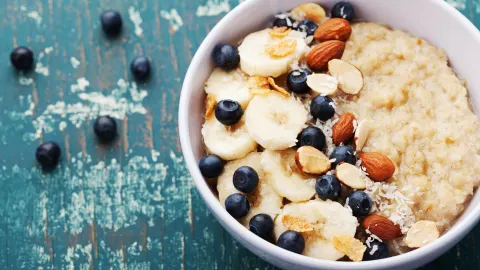Weight loss diets
Introduction
If you've been trying to lose weight for a while, you're certainly not alone. Like many people, you've probably even tried a few fad diets before realizing they don't work (at least not for long).
It’s important to remember that achieving a healthy weight is often a marathon, not a sprint.
Before beginning your weight loss journey, you want to be informed about the safest and most effective ways to meet your goals.
Here, you'll find information about the best foods for weight loss, ones that not only taste good but are also good for you.
You'll also learn about how weight loss diets should be tailored to fit your lifestyle and the foods you want to eat.
You probably have a lot of other questions, as well. What's an appropriate portion size? What's the Keto diet and can it help keep the weight off? Can I still snack if I am on a weight-loss program?
Read on to learn about the wide variety of weight management tools at your disposal.
Be sure to speak with your healthcare provider (HCP) before starting any new diet or exercise program so you’ll have all the information you need.
Snack foods and weight loss
If the thought of having to give up your favorite snacks has you avoiding diets, read on to find some of the best snack foods for weight loss. You’ll be surprised to learn there are still some yummy treats on the menu that won’t leave you longing for more.
Portion control and weight loss

Have you ever looked at the packaging on food and wondered what a serving size is? What about when the waiter brings your plate? Portion sizes may not be what you think they are. Find out how to use serving size and portion control while following a weight management program.
Diet plans and weight loss
Does it seem like everyone you know is on the Keto diet? Or maybe they're going low-fat? Vegan? Organic? Is there such a thing as a "best diet" when it comes to weight loss? Learn about different types of weight-loss diets, as well as their pros and cons.
Yo-Yo dieting and weight loss

Your weight goes up. You go on a diet. Your weight goes down, but the feeling of deprivation causes you to return to your previous eating habits. So your weight starts to creep back up… and here comes another diet. Does this sound familiar? If so, read on to find out how yo-yo dieting may be doing more damage to your body than you realize.





